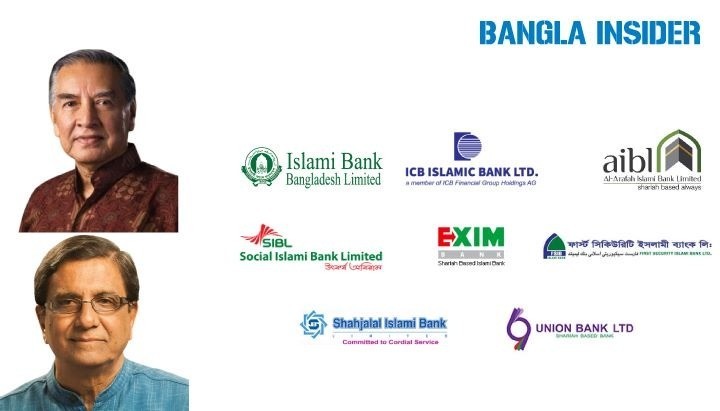A devastating floods in Sylhet and Sunamganj inundated much of two
northeastern districts leaving over 17 lakh people stranded and damaging
standing crops and infrastructures.
Residents and officials of local administrations told BSS that 17,57,222
people have been marooned in Sylhet and Sunamganj districts as this
year's second spell of flood submerged vast swaths of the two district
creating huge suffering of the people.
Among the total people, who are marooned by flood water, 7.92 lakh
people are in Sunamganj and 9.64 lakh people are in Sylhet, they added.
Officials of Sylhet district administration said the first spell of
flood affected thousands of people in 13 upazilas and municipalities of
Sytlhet district in late May and the flash flood prolonged first week of
the current months leaving a large number of people marooned.
The authorities have set up 6,392 shelter centres after the second round
of flood hit Sylhet and Sunamganj districts. As flood water started
receding, people are going to home from shelter centres.
The Sunamganj district administration sources said flood water submerged 11 upazilas and Sunamgaj municipality.
Mayor of Sylhet City Corporation Anwaruzzaman Choudhury said,
"Volunteer teams of city corporation are working to extend assistances
for flood-hit people. We have arranged adequate amount of food at
shelter centres."
A devastating flood, triggered by heavy rainfall and onrush water
from hilly regions, have affected 20 lakh people in Sylhet and Sunamganj
districts, according to a statement of UNICEF issued today.
The statement, signed by Sheldon Yett, UNICEF Representative to
Bangladesh, read among 20 lakh flood affected people in two northeastern
regions - Sylhet and Sunamganj - 7.72 lakh are children.
The UNICEF called for emergency assistances for flood-hit children as
they (children) are the venerable segment of the population in case of
any natural disaster.
Sheldon Yett said, "When flood waters are in rising trend, unsecured
condition has created for children. They face different problems
including drowning, malnutrition and various water-borne diseases."
The UNICEF in cooperation with of Bangladesh government and other
organization working at field level have distributed safe drinking water
among one lakh flood-hit people in Sylhet and Sunamganj to reduce their
suffering.
Alongside distribution of drinking water, the UNICEF also distributed
over 10 litre capacity 3000 water pots for the people in food-hit
regions.
According to the UNICEF statement, 810 primary schools in Sylhet
Division have been submerged by flood water while 500 primary schools
are used as shelter centre for flood-affected people. As many as 140
community clinics have been damaged by flood waters in the Sylhet
region, it added.
Water levels at 59 river stations monitored by Flood Forecasting and
Warning Centre (FFWC) have marked rise while 48 stations recorded fall.
Among the 110 monitored river stations, two have been registered
steady and water levels at seven river stations are flowing above the
danger level, a bulletin issued by the FFWC said here today.
The Teesta River is flowing at 15cm above danger level at Kaunia
station while the Surma at Kanaighat, the Kushiyara at Amalsad, at
Sherpur-Sylhet and at Markuli, the Old Surma at Derai and the Someshwari
at Kalmakanda are flowing 35cm, 15cm, 18cm, 39cm, 23cm and 34cm are
flowing respectively.
The Ganges-Padma rivers are in rising trend, which may continue in
the next 72 hours, the bulletin said, adding that the major rivers in
the North-eastern region of the country are in falling trend which may
continue in the next 72 hours.
Overall improvement of the flood situation in various low-lying areas
under districts of the North-eastern part of the country may continue
in the next 72 hours.
According to the information from meteorological organisations, low
to medium rainfall in next 24 hours and medium to heavy rainfall in the
next 48 to 72 hours is expected in the Northern and adjoining upstream
parts of the country.
As a result, the water level of Dudhkumar, Teesta and Dharla rivers
in those regions may fall in the next 24 hours which may rise in
particular time in the next 48 to 72 hours.








